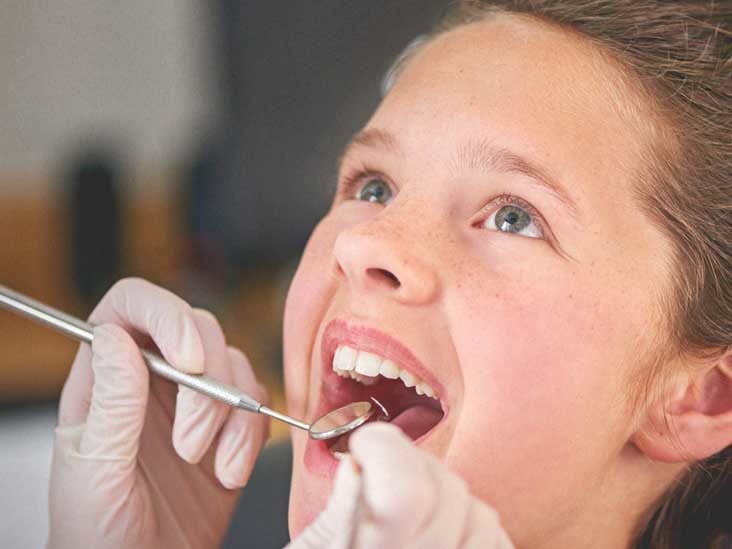Black stains on teeth have several potential origins and are usually categorized as "extrinsic stains" due to their location on the tooth's surface. These discolorations, which can be anywhere from pale brown to nearly black, are rarely attractive to the eye. Black stains on teeth can result from a number of different things.

Tobacco Use: Teeth can get discolored by smoking and other tobacco use. Tar and nicotine, both of which are found in tobacco, have been shown to stain tooth enamel over time.
Foods and Beverages: Teeth discoloration is a common consequence of consuming certain meals and drinks. Coffee, tea, red wine, cola, and berries are just a few examples of dark foods and drinks that contain chromogens, pigments that can cling to tooth enamel and produce discoloration.
Poor Oral Hygiene: Plaque and tartar accumulation on teeth, which may be prevented by regular brushing and flossing, can eventually turn dark and create black stains if left untreated.
Medications: Black stains on teeth are a common adverse effect of certain drugs, including iron supplements and some antiseptic mouthwashes.
Metallic Dental Restorations: Teeth that have had amalgam fillings placed may develop black stains when the filling material leaches into the surrounding tooth tissue over time.
Poor Dental Work: Black staining surrounding dental restorations, such as crowns or veneers, can be the consequence of low-quality dental materials or incorrect dental treatments.
Genetic Factors: Some people may have a hereditary predisposition to tooth discoloration.
It is essential to make a distinction between extrinsic stains, which are visible on the outside of the tooth, and intrinsic stains, which are located inside the tooth. Extrinsic stains may usually be removed with a combination of professional dental cleanings and improved oral hygiene practices at home. Plaque and tartar, both of which have the potential to leave behind dark stains, may be eliminated via maintaining regular dental examinations and cleanings.
People who have severe or chronic dark stains on their teeth may find that teeth whitening methods performed by a dentist are an effective cure. In teeth whitening techniques, peroxide-based chemicals are utilized to break down and remove surface stains, which returns the teeth to their natural color.
It might be challenging to remove black stains, particularly if they were caused by trauma to the tooth or by the use of certain medicines during the period when the tooth was developing. Patients in this predicament may be recommended to undergo cosmetic dental procedures such as dental bonding or veneers. Both of these procedures are examples of cosmetic dental treatments.
Protecting your teeth against the unattractive effects of black stains requires taking a number of vital precautions, including practicing good dental hygiene, avoiding tobacco products, and reducing the amount of dark foods and beverages you consume. If you see the dentist on a consistent basis, any dental issues or discoloration on your teeth can be identified and addressed at an earlier stage.
Comments